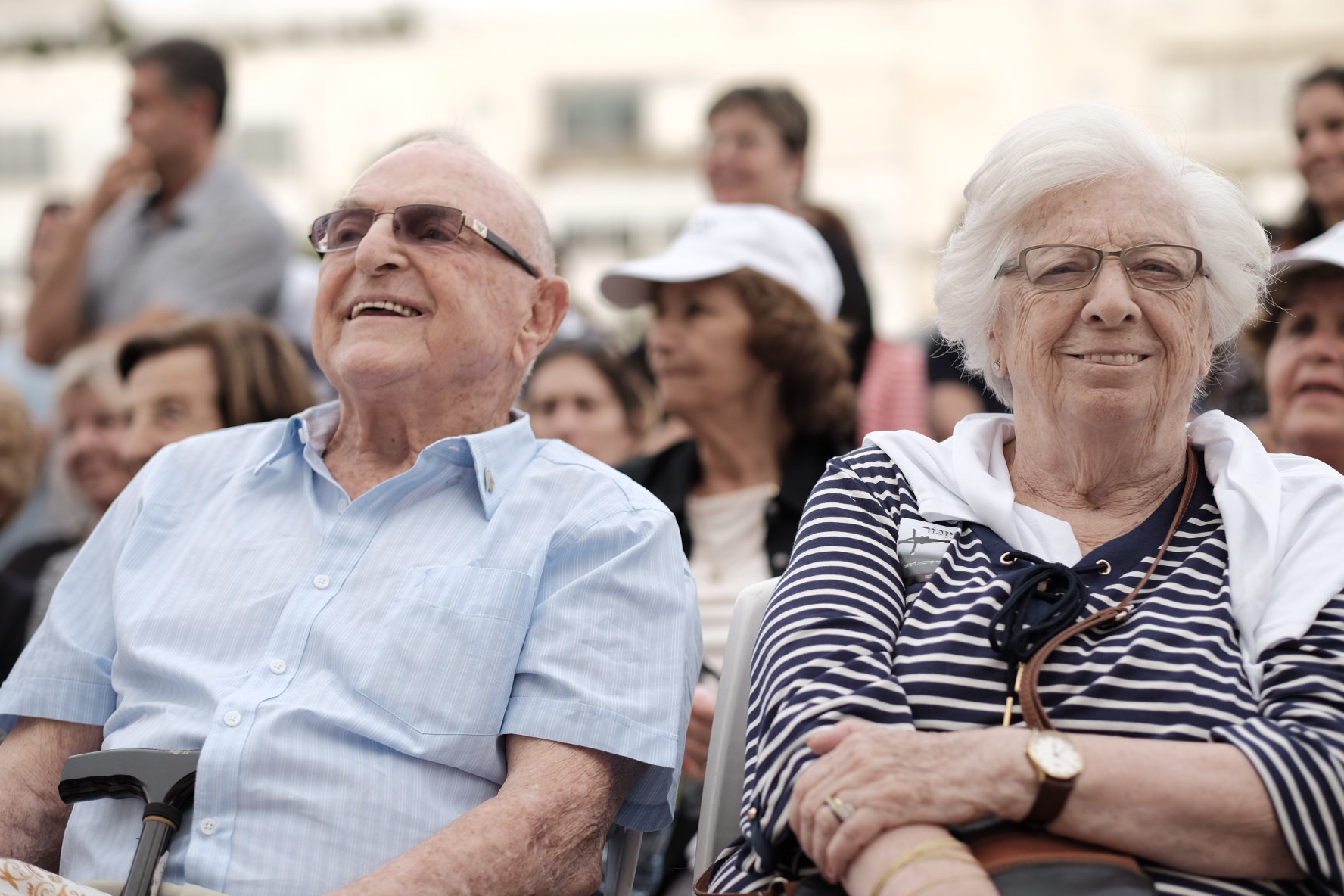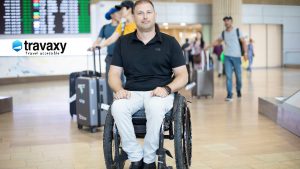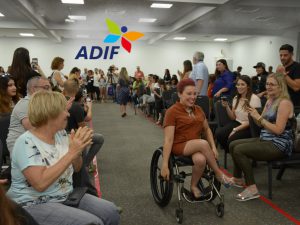Reduced Inequalities


Home » Reduced Inequalities » SDG 10-Reinforcing Senior’s Independent Living
SDG 10-Reinforcing Senior’s Independent Living
Summertime in the Mediterranean is famously known as silly season. In Israel, stuff tend to happen simultaneously.
Before jumping to conclusions: we’re talking about senior citizens’ rights. Yep, seeing/hearing is believing – you just have to be here to catch the vibe surrounding a couple of developments to make the lives of our parents and grandparents easier. Like riding free on public transportation (age 75 and older). Like receiving service at public institutions without waiting in line (age 80 and older).
Truth is, there’s always a robust public discourse in Israel about how we treat the aging (including Holocaust survivors, naturally), especially as 80% of the country’s senior citizens live independently; the issue was very much out there during last year’s budget debate and it hasn’t calmed down since (which is good, of course).


The budget adopted raised the amount of pension with an income supplement, as well as the level of income a person can earn while still receiving a pension with that supplement. This issue was soon followed by the launching of a new 100-million shekel national program to combat loneliness among senior citizens.
Another matter receiving increasing attention concerns the abuse of seniors, with the Social Affairs Ministry reporting a 3.5% increase of cases in which seniors are subjected to mental, physical or economic abuse. A broad inter-agency task force – including law enforcement – has been set up particularly to combat swindlers, seen as increasingly sophisticated in their methods.
The importance that Israel attaches to alleviating the lives of the aging is well illustrated by the May establishment of a ministerial committee to deal with the various issues challenging Israel’s 1.2 million seniors, as well as to consolidate solutions for the long term (the country has a life expectancy of 82.9 years, among the OECD’s highest). The committee has since announced a support program for the families of individuals assisted by in-home caregivers.
Assistance to the aged is a complex issue that goes beyond the realm of caregivers, of course. Recognizing this, the ministries of Social Affairs, Health and Finance reportedly (Hebrew) disseminated in early June a joint proposal calling for more focus on preventing deterioration to the point where nursing support becomes necessary – in other words, distancing a situation of dependency as far down the road as possible.
The aging of Israel’s population was defined by the Government back in 2015 as one of the country’s top six socio-economic challenges for the coming decades; aligned with the need to reduce inequalities in Israeli society (SDG10) an in-depth focus on promoting active aging was subsequently carried out particularly in 2018-19, involving all the components of the relevant eco-system. While the past few years have been tough, it’s good to see this important issue re-emerge in a big way.
Related articles


SDG 10- Digital Equity: The Next Phase – Part 2
Reduced Inequalities Read Part 1, Part 3 As mentioned in part 1 of this examination of Israeli efforts to close the digital divide, the past


SDG 10- Travaxy – Equal Travel Opportunities for people with disabilities Never Felt So Right
Reduced Inequalities Whilst the travel industry has largely been put on hold due to the covid-19 pandemic, it’s an exciting and wonderful part of our


SDG 10- ADIF for Everyone
Reduced Inequalities In a wave of social entrepreneurship ADIF )preferable/better in Hebrew) has taken Israel by storm with its unique social club business structure. With


















